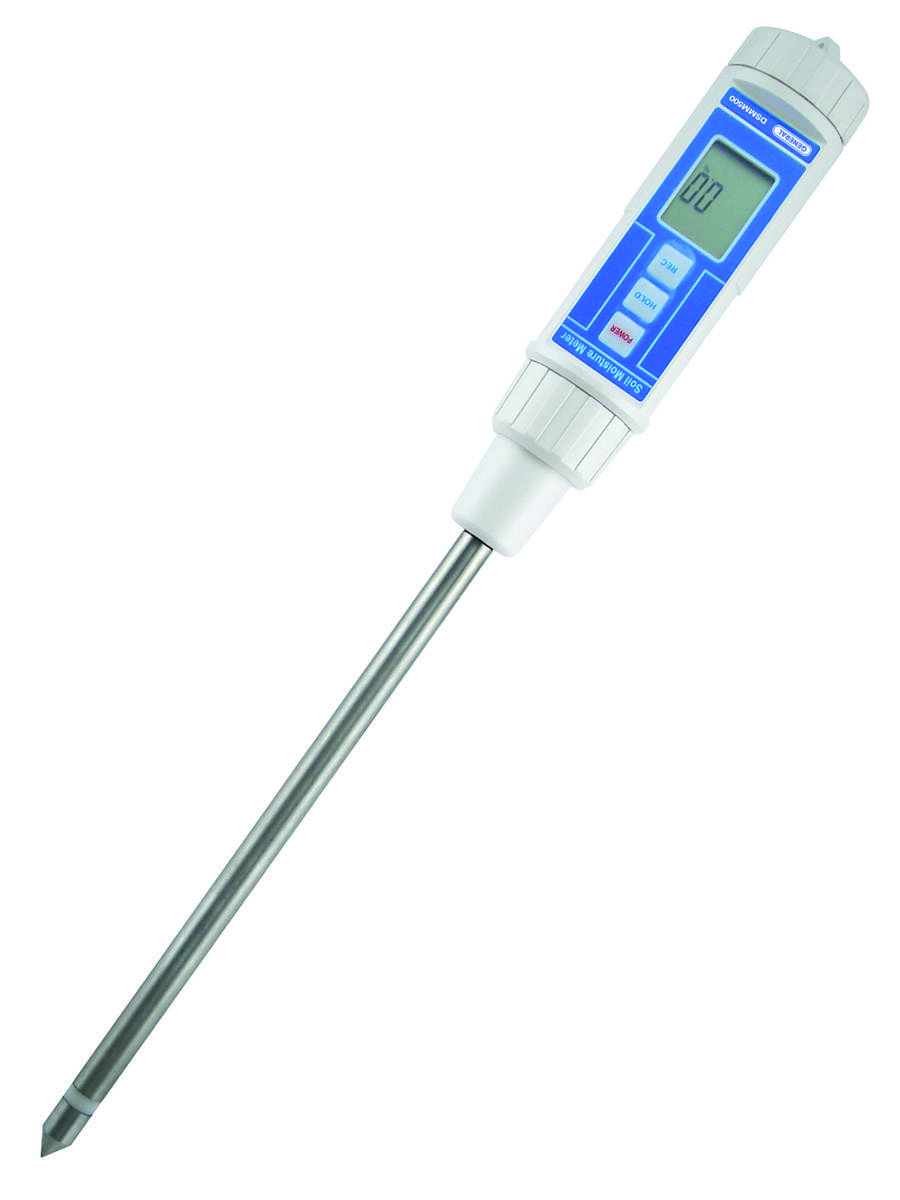The Ultimate Overview to Moisture Meters: A Comprehensive Summary and How They Can Conserve You Money
Wetness meters offer as vital tools in identifying and keeping an eye on moisture material in products, assisting in avoiding costly damages and making certain the high quality of items. Comprehending the subtleties of different kinds of moisture meters, their applications, and the prospective cost-saving advantages they offer can be a game-changer for services and specialists alike.
Kinds Of Dampness Meters
One usual type is the pin-type moisture meter, which measures the electrical resistance in between two pins put right into a product. Pinless wetness meters, on the other hand, use electromagnetic sensing unit plates to check a bigger area without causing damage to the product's surface area.

Infrared dampness meters determine the thermal residential properties of a material to determine its dampness material non-invasively, making them valuable for applications where pin or pinless meters might not be appropriate. Comprehending the different kinds of dampness meters available can assist industries select the most suitable tool for their specific dampness dimension requirements.

Advantages of Utilizing Moisture Meters
Wetness meters provide invaluable advantages in accurately assessing and keeping track of moisture degrees in varied products and atmospheres. One of the main benefits of using wetness meters is the avoidance of prospective damage triggered by excess wetness.
Additionally, utilizing dampness meters can bring about enhanced energy effectiveness. By determining areas with high moisture degrees, such as leakages or bad insulation, modifications can be made to enhance energy conservation and reduce energy prices. In farming setups, moisture meters play a critical duty in enhancing crop returns by enabling farmers to keep an eye on dirt wetness degrees and make notified watering choices. On the whole, the advantages of making use of wetness meters span across numerous industries, giving cost-efficient solutions and promoting better quality control techniques.
Exactly How to Select the Right Moisture Meter
Selecting the proper moisture meter includes thinking about crucial variables such as product compatibility, measurement range, and calibration precision. When choosing a moisture meter, it's vital to make sure that the meter is appropriate for the specific product you will be testing. Various products have differing electrical buildings that can affect dampness readings, so selecting a meter made for your material is vital for exact outcomes. Furthermore, consider the measurement series of the wetness meter. Guarantee that the meter can find wetness levels within the range needed for your applications. Calibration precision is another critical element to bear in mind. Go with a moisture meter with trusted calibration to ensure accurate and my site consistent readings. Some meters might require periodic calibration modifications, so recognizing the calibration her latest blog process is necessary. By meticulously examining these elements, you can select a dampness meter that satisfies your needs and offers exact wetness dimensions for your projects.
Proper Strategies for Wetness Meter Use

Price Savings With Moisture Meter Applications
How can the calculated utilization of dampness meters lead to substantial cost savings throughout various sectors? Moisture meters play a critical function in expense financial savings by preventing potential damage and guaranteeing quality assurance in various fields. In the farming industry, wetness meters aid in determining the optimum time for collecting plants, protecting against over-drying or excess moisture that can influence the end product's top quality. This exact surveillance assists farmers prevent unneeded losses and maximize their yield.
Similarly, in construction, dampness meters aid protect against pricey problems by discovering moisture levels in structure products, such as wood or concrete, which can cause architectural concerns otherwise dealt with without delay. By determining trouble locations at an early stage, specialists can take rehabilitative actions to avoid comprehensive repair work or substitutes, ultimately saving time and cash.
Additionally, in the food handling find out here now market, dampness meters are vital for monitoring item high quality and ensuring conformity with safety laws. By accurately determining moisture material in food products, manufacturers can protect against putridity, maintain freshness, and minimize waste, leading to significant expense savings. Overall, the strategic application of moisture meters is an important financial investment that can cause significant expense reductions and boosted performance throughout various markets.
Conclusion
In conclusion, moisture meters are important devices for measuring and detecting moisture degrees in numerous materials. By utilizing the best moisture meter and complying with appropriate methods, individuals can properly stop expensive damages caused by excess wetness.
Moisture meters serve as indispensable tools in identifying and keeping track of moisture web content in products, aiding in stopping expensive problems and making sure the high quality of items. Infrared dampness meters measure the thermal properties of a product to establish its moisture material non-invasively, making them valuable for applications where pin or pinless meters may not be appropriate.Dampness meters supply invaluable advantages in precisely keeping track of and evaluating moisture degrees in varied products and settings. In farming setups, wetness meters play an important duty in enhancing crop returns by making it possible for farmers to monitor soil moisture degrees and make informed watering choices.In verdict, dampness meters are important devices for measuring and finding moisture levels in numerous materials.